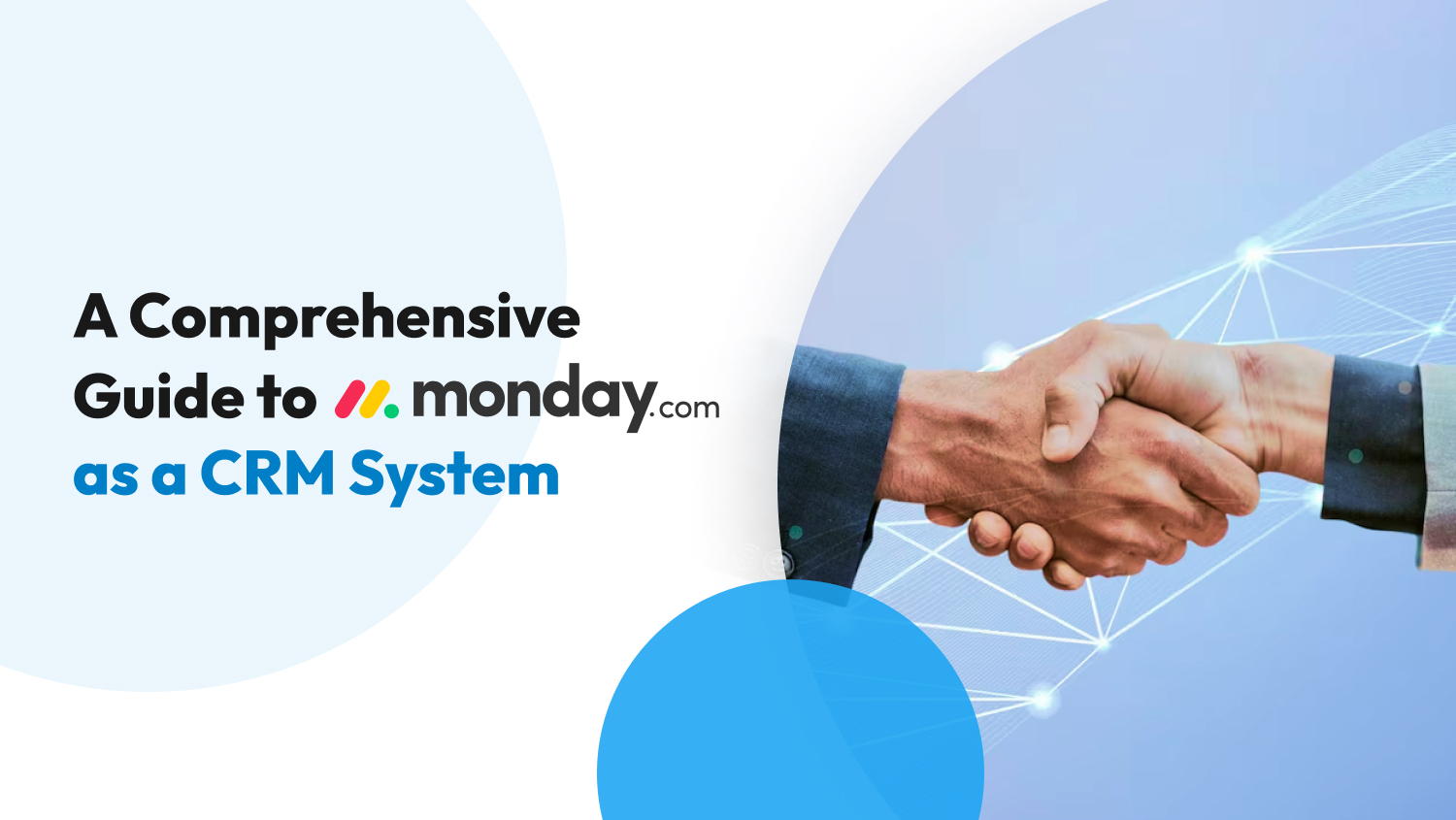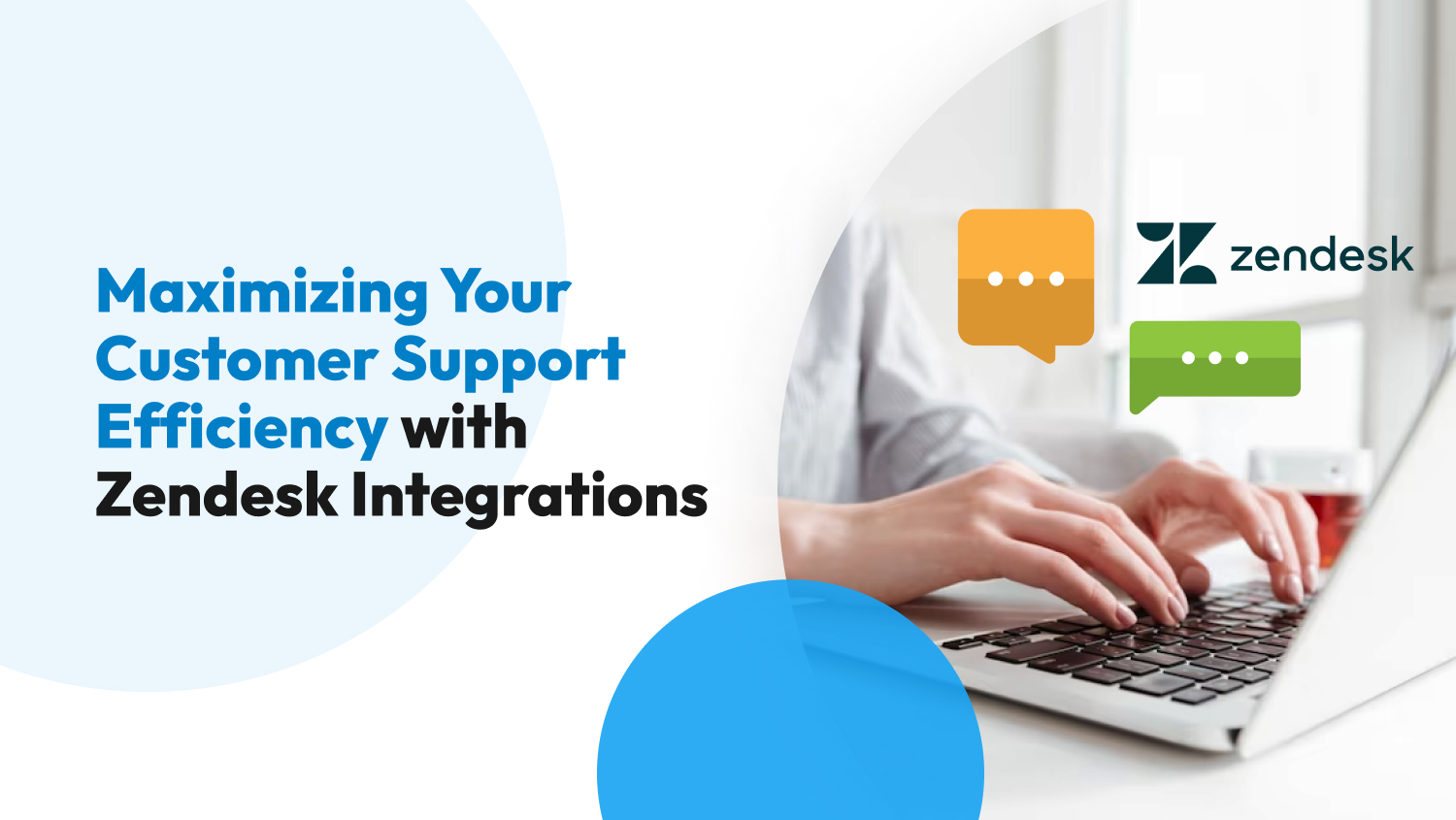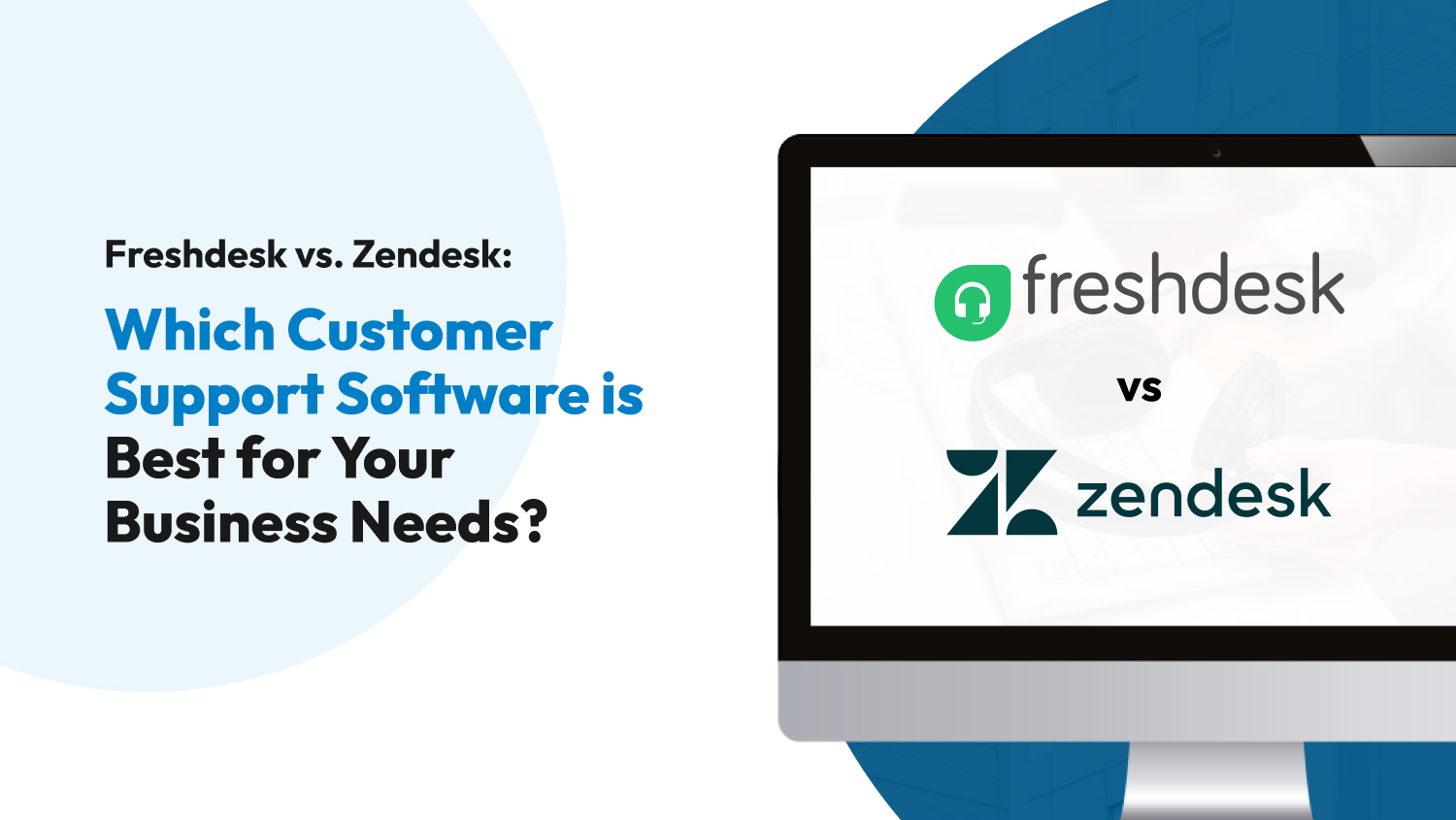CRM
Streamline Your Agency’s Workflow: Best CRM for Marketing Agencies
Marketing agencies strive to attract maximum leads through creative campaigns. While creativity does bring potential customers, a clumsy handling of such customers results in a permanent loss of revenue. Advertising agencies can avoid that by adopting a CRM system.
A CRM for marketing agencies helps better manage customer relationships and data, regulates agency workflow, and keeps track of team activities. Moreover, you’ll get smooth communication within the team and with the customers.
Since marketing agencies have unique workflows, they should adopt a CRM that suits them best. But to make an informed decision, you need to know all the capabilities and the limitations of the software you’re incorporating into your system.
We decided to review some of the top CRMs for marketing agencies and select the ones that may work best for your business.
How a CRM Helps Streamline Workflow in Marketing
A CRM, or customer relationship management tool, is software that helps companies track, store, analyze, and manage customer interactions.
The software enables streamlined workflow which removes unnecessary details, minimizes clutter, and avoids bottlenecks–issues that arise with the lack of integration and the absence of effective information flow.
Customer relationship management tools help solve the above problems, and many others, by providing the necessary support such as cloud-based collaboration and real-time communication. By streamlining the workflow, CRMs also help save time launching effective marketing campaigns.
The major benefits of CRMs for marketing agencies include:
Improved Customer Service
CRMs aim to improve the relationship between a business and its customers. The software does that by collecting customer information and keeping it accessible to the team. It stores information such as demographics, purchase history, emails or messages, and customer preferences.
With access to such information, you can deal with a customer in a much more personalized manner. You can also predict customer behavior to provide customer service in the best possible way.
Customer Retention
Research proves that customer retention depends on service quality, trust, and commitment.
Moreover, when you know a person deeply, you know about their family, friends, interests, and hobbies which creates a connection that’s difficult to break.
While CRMs do not cultivate personal relations, they do help you know your customers better by collecting information such as business history, lifestyle choices, special interests, and education.
You can then deliver a personalized service to your customers, thus increasing sales, customer satisfaction, and retention. The integration of data also allows you to automate manual tasks, send regular follow-ups, and gather meaningful feedback.
Detailed Analytics
A marketing campaign does not exist in a vacuum. It depends on customer reactions and feedback and must transform itself depending on the response it gets from the customers.
The ability of CRMs to gather and contextualize data and tools to produce detailed metrics and actionable data points make it a necessity in a competitive world.
Since CRMs streamline workflow, the whole team has access to the data which creates a synergistic approach to marketing campaigns and improves productivity.
Effective Internal Communications
A marketing company cannot streamline its workflow by focusing on customers alone. If there’s a lack of coordination among the team, it’s impossible to provide quality service to customers.
Customer relationship management provides a platform for effective team collaboration and improves internal communication. The tools within CRMs allow team members to send each other notes, emails, and comments by tagging a specific person.

Best CRM for Marketing Agencies
Now that you know how your marketing agency can benefit from a CRM platform, it’s time to find out which software systems are the best for you.
HubSpot CRM
If you’re looking for a free CRM for your marketing agency, HubSpot CRM is your best bet. It also has a paid version that provides advanced features which you can adopt later on.
Pros
- Efficient logging of phone calls and emails
- Records customer data from lead to becoming a client and afterward
- Effective integration tools to streamline your workflow
Con
- The enterprise version is more expensive than its alternatives
Pricing: Starter package at $45 per month; free version available
Best for: Medium- to large-sized marketing agencies
ClickUp CRM
ClickUp CRM is designed to keep your customer information safe and organized. The software allows information tracking and visualization to get the maximum out of gathered data. Plus, the communication tools within the setup make team collaborations super easy.
Pros
- High-quality productivity tools such as integrations and automation
- Client information organization in boards, lists, or Kanban boards
- Track the progress of each sale through bar charts and tags
Con
- Android app has a non-intuitive interface
Pricing: $5 per member per month for small teams, free for individual
Best for: Equally great for small and large marketing agencies
Insightly
On-target segmentation, intelligent campaigns, and engaging customer journeys are some of the most prominent features of Insightly CRM for marketing. The dashboard is quite innovative with engagement metrics organized logically.
Pros
- Highly customizable interface with user permissions for the team
- Easy to configure and automate communication tools
- Comprehensive reports about customer interactions
Con
- Integrations with communication platforms need improvement
Pricing: Plus version starts at $29 per month, a limited free plan for very small businesses (trial version also available)
Best for: Email automation for marketing agencies
Podio
Simplicity is perhaps the best feature of Podio but that does not mean it compromises effectiveness. The software allows task management and real-time communications in one place.
Pros
- Customizable apps and templates to suit the unique needs of marketing agencies
- Complete history of the client relationship from start to finish
- Comments, tasks, and chat through Podio mobile app
Con
- Sharing of projects is complicated especially for new users
Pricing: Podio Plus starts at $11.20 per month but a basic free version is available
Best for: Small teams working in a dynamic business environment
BenchmarkONE
BenchmarkOne is perhaps the best software for digital marketing agencies as it helps create intelligent drip campaigns and email automation. You can easily automate follow-up and also monitor website activity.
Pros
- Identifies the prospects most interested in your business through intelligent insights
- Effective email campaigns through feedback and automated follow-up
- Task assignment to the team is easier and more intuitive than competitors
Con
- BenckmarkONE servers are sometimes slower than normal
Pricing: Free for up to 250 contacts and 500 emails per month, $29 per month for more than 250 contacts
Best for: Small digital marketing agencies looking to expand
Monday.com
Monday.com has made its mark in the tech industry within a short time. The software covers almost all aspects of CRM including lead management, customer onboarding, team tasks and projects, and data analysis. Check out the comparison of Monday with ClickUp here.
Pros
- Customization and automation to improve workflows and allow focus on crucial tasks
- Incredible customer service to resolve any issues you might have
- Easy to learn and operate interface with as many integrations as you want
Con
- Reporting limited to task management
Pricing: $8 per seat per month, a free version with a maximum of two seats is available
Best for: Large companies with highly sophisticated workflows and team collaboration
Zoho CRM
Zoho is one of the best CRM for marketing agencies as it allows customer segmentation, lead nurturing, email and survey campaigns, and marketing analysis. It also gives meaningful insights in terms of connecting with the customers.
Pros
- Built-in email and survey campaigns to attract more leads
- An event planner for small to large gatherings with options to add customer information
- Ability to gather customer information from website promotions
Con
- The interface is slower which compromises the workflow
Pricing: $20 per user per month, free version allows up to three users
Best for: Marketing agencies working with remote teams
Capsule
Most small agencies can’t afford to pay high subscription fees so they need a cost-effective option for their CRM. Capsule CRM fits the qualification with its considerable number of features at low pricing plans.
Pros
- Integrations with apps such as Gmail, Slack, Trello, and WordPress
- Easy to use and learn for new team members
- Intuitive tracking of customer interactions
Con
- Mailchimp integration needs improvement
Pricing: $18 per user per month, free plan and a 14-day trial version are available
Best for: Marketing agencies looking for inexpensive CRM
Final Thoughts
A small marketing agency with dozens of customers can function without a CRM, but when scaling, you need the tools to collect, store, analyze, and use customer data. Such tools can guide you on which ads are more effective and what your customers want, thus bringing in more revenue.
Since there are many options in the market, you need to select the one that caters to your needs the best. You can choose from the above list of CRMs that offer different features. However, most experts suggest HubSpot and ClickUp because they have effective CRM for marketing agencies of all sizes.







